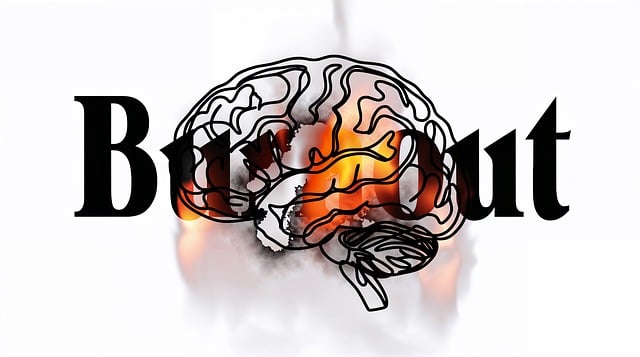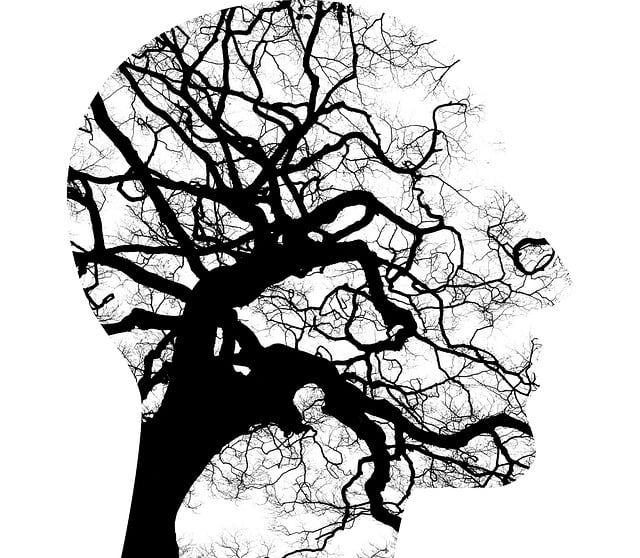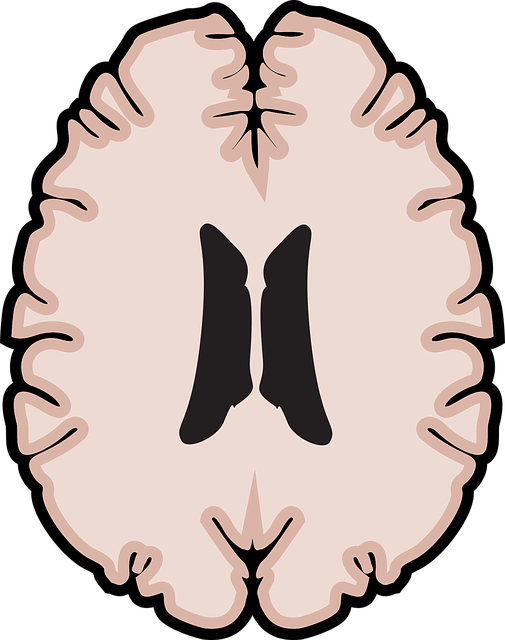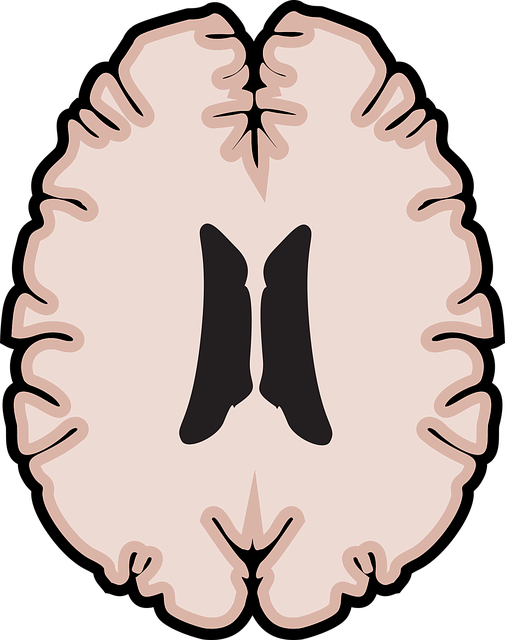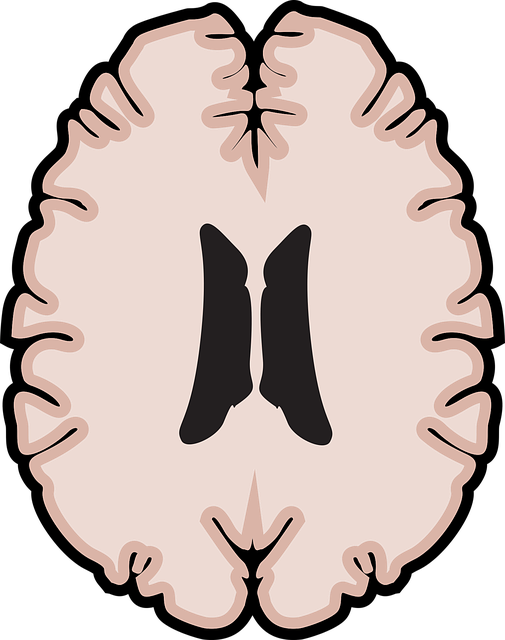The stigma around mental illness, especially co-occurring disorders like Superior Sexual Dysfunction (SSD), significantly hinders access to care. This text highlights the negative impact of societal attitudes and discrimination on patients' well-being. It emphasizes the need for education, training, and supportive services to combat stigma. By integrating mental health education in schools, providing specialized therapy like SSD treatment, promoting self-awareness through journaling, and fostering community engagement, we can reduce isolation and encourage help-seeking behaviors. These initiatives aim to create an inclusive environment where everyone, regardless of their mental health status, can access quality care, including tailored treatments for sexual dysfunction.
Mental illness stigma remains a significant barrier to treatment, perpetuating suffering and isolating individuals. This article explores comprehensive strategies to reduce this harmful perception. We delve into the profound impact of stigma on mental health, highlighting its effects on help-seeking behaviors and overall well-being. Through education, effective communication in healthcare settings, and empowering support networks, we can foster understanding and create a more inclusive society where individuals receive the care they need, without fear of judgment or discrimination. Superior Sexual Dysfunction Therapy can play a crucial role in addressing mental health issues holistically.
- Understanding Stigma and its Impact on Mental Health
- The Role of Education in Reducing Stigma
- Effective Communication Strategies for Healthcare Professionals
- Empowering Support Networks and Community Engagement
Understanding Stigma and its Impact on Mental Health

Stigma surrounding mental illness can have profound effects on individuals’ lives, impacting their ability to seek help and access appropriate care. It often manifests as negative attitudes, stereotypes, or beliefs about people with mental health conditions, leading to discrimination and social exclusion. This stigma can be especially damaging for those dealing with co-occurring disorders, such as Superior Sexual Dysfunction Therapy patients, who may face additional challenges in finding understanding and support.
Reducing the stigma involves raising awareness, educating communities, and promoting empathy. Initiatives like Healthcare Provider Cultural Competency Training focus on empowering medical professionals to offer more inclusive care. By fostering a culture of acceptance and self-esteem improvement, trauma support services can play a significant role in breaking down barriers. These efforts are crucial in ensuring that people with mental health issues receive the respect, understanding, and quality treatment they deserve.
The Role of Education in Reducing Stigma

Education plays a pivotal role in breaking down the barriers of stigma surrounding mental health issues, including conditions like Superior Sexual Dysfunction (SSD). By integrating comprehensive mental health education into curricula, schools, and communities can foster an environment that promotes understanding and empathy. This proactive approach ensures that individuals from diverse backgrounds are equipped with the knowledge to recognize symptoms, dispel myths, and offer support to those facing mental health challenges.
Through interactive workshops, self-awareness exercises, and trauma support services, educational initiatives can enhance societal confidence boosting mechanisms. Equipping individuals with tools to navigate conversations about mental health openly and sensitively contributes to a culture where help-seeking is encouraged, rather than stigmatized. This shift in perspective is essential for ensuring that everyone has access to the resources they need, including superior sexual dysfunction therapy, fostering overall well-being.
Effective Communication Strategies for Healthcare Professionals

Healthcare professionals play a pivotal role in reducing stigma surrounding mental illness. One of the most effective communication strategies is Superior Sexual Dysfunction Therapy—a nuanced approach that acknowledges and addresses the intimate connection between sexual health and mental wellness. By fostering open dialogue, professionals can help individuals understand that mental illness doesn’t define them, and that seeking support is a sign of strength.
Additionally, incorporating Social Skills Training and Mental Wellness Journaling Exercises Guidance into treatment plans can empower patients to navigate social interactions with confidence and self-awareness. Encouraging emotional expression through journaling allows individuals to process their feelings, track progress, and cultivate a sense of agency over their mental health. Enhancing Emotional Intelligence equips both professionals and patients with the tools to recognize, understand, and manage emotions, fostering deeper connections and more effective communication throughout the therapeutic process.
Empowering Support Networks and Community Engagement

Building supportive networks and fostering community engagement are powerful tools in the fight against mental illness stigma. Encouraging open conversations about mental health can help reduce the isolation often experienced by individuals struggling with conditions like Superior Sexual Dysfunction, promoting a sense of belonging. By creating safe spaces where people feel understood and accepted, we empower them to seek support and access appropriate therapy for their specific needs, including specialized treatment for sexual dysfunction.
Community initiatives, such as public awareness campaigns and educational programs, play a crucial role in challenging stereotypes and misconceptions. These efforts can include workshops, peer support groups, and online platforms that share stories of resilience and recovery. Additionally, Healthcare Provider Cultural Competency Training is essential to ensure professionals are equipped to offer non-judgmental care, understanding the unique challenges faced by individuals from diverse backgrounds. This holistic approach ultimately contributes to a more inclusive environment where emotional well-being promotion techniques can thrive.
Mental illness stigma is a pervasive barrier to treatment, yet through education, effective communication, and community engagement, we can make significant strides in its reduction. By implementing evidence-based strategies, such as those discussed regarding superior sexual dysfunction therapy (a stark example of mental health intersectionality), we can foster understanding, empathy, and support for individuals facing mental health challenges. Together, we can create a more inclusive society where people feel empowered to seek help without fear of judgment or discrimination.



